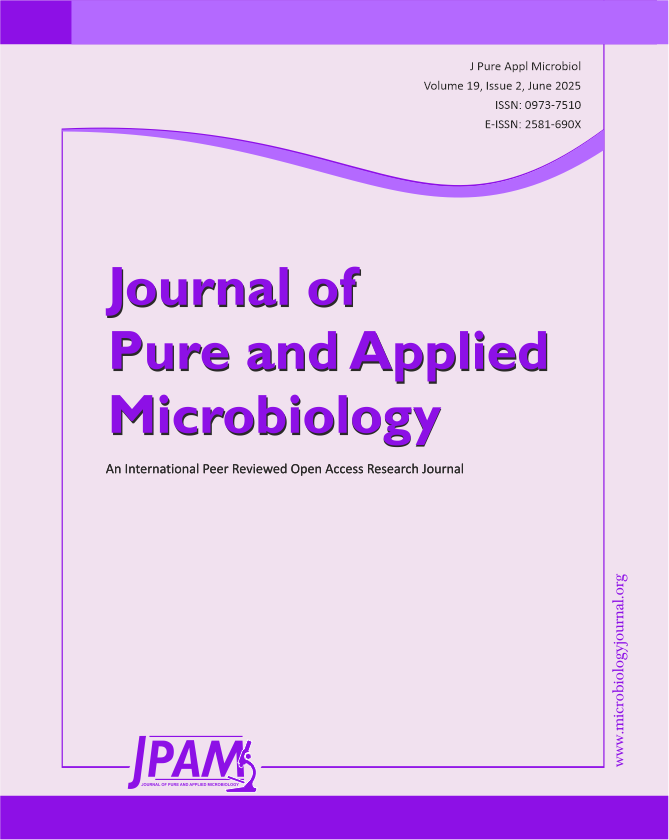Microorganisms exhibit a complex relationship with heavy metals. While some of these metals are essential for microbial growth and function, others can be detrimental at elevated concentrations, inhibiting or even killing the organisms. In this study, free living diazotrophic bacteria were isolated from contaminated sites. The bacteria were investigated to resist different concentrations of Zn (II); 5-60 mg/L. The results revealed that the bacterial isolate was identified as Bacillus subtilis AUMC-B492 based on 16S rRNA gene sequencing. The bacteria were diazotrophic in nutrition and can fix atmospheric nitrogen for growth and replication in nitrogen free media. B. subtilis AUMC-B492 removed 30% of Zn (II) when initial concentration was 5 mg/L within 48 h in nitrogen free media. It could tolerate up to 100 mg/L of Zn (II) within 24 h. Therefore, strain AUMC-B492 could be used as a promising tool for bioremediation of heavy metals as well as holding potential for agricultural applications.
Bacteria, Bacillus, Heavy Metal, Resistance, Zinc Ions
© The Author(s) 2025. Open Access. This article is distributed under the terms of the Creative Commons Attribution 4.0 International License which permits unrestricted use, sharing, distribution, and reproduction in any medium, provided you give appropriate credit to the original author(s) and the source, provide a link to the Creative Commons license, and indicate if changes were made.


